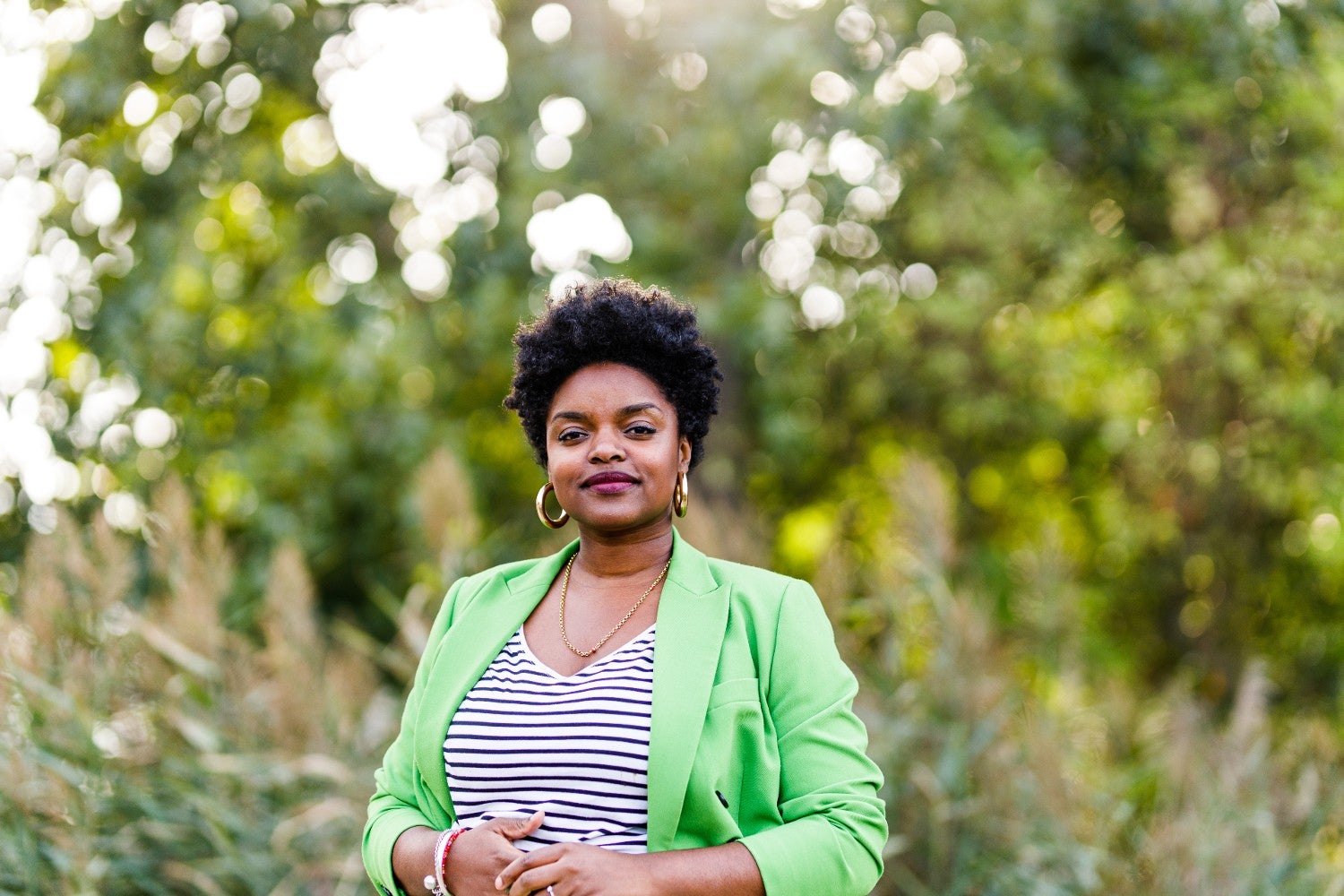After an adventure-filled life as a foreign correspondent, Anthropology alumnus Brigitte Ars began a quest for the phenomenon of adventure and discovered: 'Adventure lies in the small things'.
From Ireland, where Ars is enjoying a hiking/work vacation (four hours of hiking per day, alternated with four hours of work), she tells VU Magazine about her quest for adventure - a process that became an adventure in and of itself.
From having adventures abroad, to writing a book about adventure: that sounds like a major step.
If you’d told me that my life would be so ‘calm’ 20 years ago, I probably wouldn’t have believed it. I was always packing my luggage whenever an opportunity presented itself. I travelled to America, to India - where my husband is from - and then worked as a journalist and writer from Malaysia and all over Asia. During my last trip as a journalist, to Bangladesh, I caught food poisoning. I was four months pregnant at the time, and as I was on an IV in a filthy clinic, I thought: how could I put my child into so much danger?
„I wanted to travel again, to get out in the world, away from my responsibilities and my hum-drum life."
„Once I’d settled with my husband and daughters in the Netherlands, with a job and a mortgage, I felt like I was done having adventures. I was completely absorbed by parenthood for the first few years, of course. But when my daughters grew up, I thought to myself: what am I going to do now? I wanted to travel again, to get out in the world, away from my responsibilities and my hum-drum life. But was I not too old for that now? And where did that urge come from? That personal quest was what got me started on my book. Over the course of my research, my personal vision of adventure changed. Maybe it doesn’t always have to be so epic all the time?"
So your vision of adventure changed. Has our general vision of the concept of adventure also changed over time?
„The meaning has changed over the centuries, from the age of chivalry to the age of discovery. Over the past 10 years, today’s adventurers are mainly on a personal voyage of discovery. Before that, adventure was more associated with conquest and danger."
Which discovery during your research surprised you the most?
„That adventure is more important for us than we might think. Of course we’ve long known that nature and walking are good for our souls, but adventure also has another effect, which has to do with letting go of our sense of control. We in the West are so embedded in a controlled environment that we desperately try to hold on to everything. That’s proven to be fertile soil for burn-outs, depression and anxieties. Getting out of our controlled and comfortable environment is good for us. Adventure takes us back to our natural state as humans, and it makes us happier."
Why is that?
„Our prehistoric brains would rather be sitting in a safe cave. Or at least: that’s what we think we want. Relaxing on the couch, watching TV: that gives us a sense of safety and security. Take our fixed working hours, for example: a product of the industrial revolution. During this hiking/work vacation, I’ve noticed that I can accomplish the same goals in four hours that I would normally do in an eight-hour day. But I feel a whole lot better!"
„Being adventurous is a muscle you can train; a certain mindset."
„Going on an adventure can be uncomfortable, or even counter-intuitive. You go somewhere out of the ordinary, and that’s where you find adventure. As an anthropologist, we call that place ‘liminality’. That’s where it all happens. Different rules apply, and your identity is challenged. It’s like Alice in wonderland. You bring the lessons learned and new insights gained there back to your ordinary life. Adventure helps you grow."
Why is one person more adventurous than another?
„There are some indications that we have an ‘adventure gene’. Other studies show that it has more to do with your environment. So it’s probably a combination of the two. Are you encouraged to take on an adventure at home? It doesn’t have to mean climbing the Himalayas. It’s about being open to new possibilities, and looking beyond the normal boundaries. Anyone can become adventurous. Going on an adventure stimulates the adventurer inside you. Being adventurous is a muscle you can train; a certain mindset."
So should we all start planning an adventure abroad?
„You can do that if you want, but you certainly don’t have to. It’s more about looking for differences. You can even look for adventure in your work or your daily life. Cooking a new recipe, starting your own company, or writing a book: anything that takes you outside your normal routines. Finding the new and the different is what’s important, and you can do that just fine in your normal life."
Or in the unexpected, like during the process of publishing your book?
„Ha ha! Definitely. After two years of self-financed research and travel and writing 100,000 words, my initial publisher had a changing of the guard and decided to pull the plug on my book. So I had to look for an alternative for my writings, and I created the platform ‘Alice goes Wild’. That’s where a literary agent came across it, and I serendipitously ended up at a leading publisher. Overcoming that setback was a big adventure in and of itself."
Waar is het avontuur? Zoektocht naar een avontuurlijker leven (Where Can You Find Adventure? A Quest for a More Adventurous Life) was published by Querido on 17 May.








